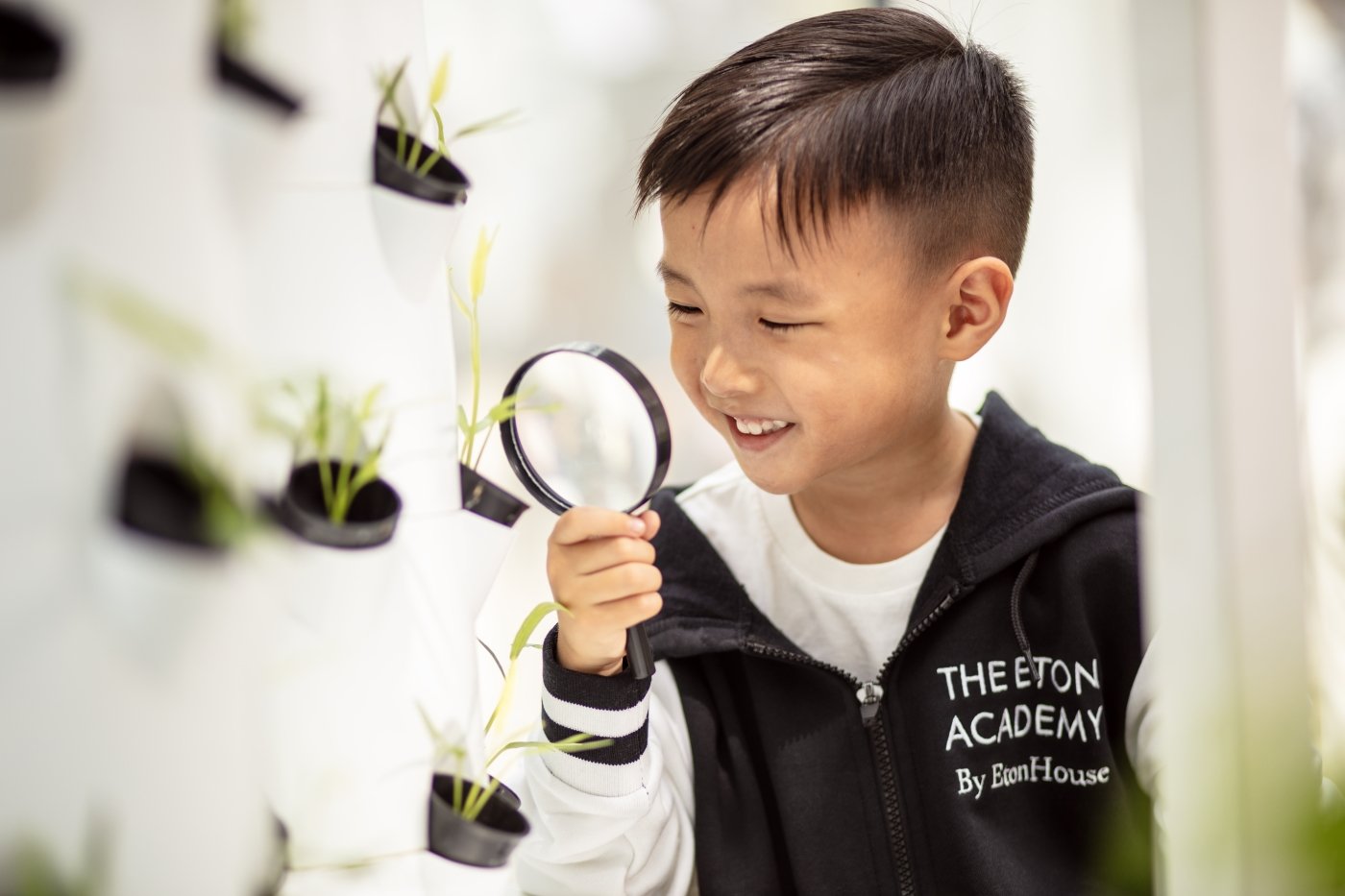Does your child see challenges as hurdles to overcome or roadblocks to success? Imagine two children facing a challenging math problem: one feels defeated, thinking, “I’ll never get this.”, while the other takes a deep breath and confidently says, “I haven’t figured it out yet, but I will!”. This is the power of a positive learning mindset.
Cultivating this mindset is crucial for children to excel academically and in all aspects of life. It empowers them to embrace challenges, learn from mistakes, and persevere through obstacles. Here are some tips to nurture this positive outlook in your child.
1. The Power of "Yet"
Many parents often use phrases like “You can’t do this” when their child struggles. But what if we replace these negative phrases with more empowering language? The word “yet” is a small but powerful tool. Instead of saying, “You can’t solve this math problem,” rephrase it positively as “You can’t solve this math problem yet. Let’s work on it together!” This simple shift in language highlights that skills and knowledge are developed over time. By incorporating “yet”, you not only acknowledge the current challenge but also instil a growth mindset in your child, emphasising that with practice, they can overcome any challenges.
2. Celebrate Every Milestone

Every child learns at their own pace. The key is to acknowledge the progress and celebrate their progress, big or small. Did they finally master tying their shoes? Did they score one more point on their spelling test? Highlight these achievements and express your excitement for their hard work. This positive reinforcement motivates your child to keep trying and builds their confidence. When they see their effort recognised, they are more likely to persevere when faced with challenges.
3. Embracing Mistakes as Learning Opportunities
-2.jpg?width=5128&height=4000&name=pexels-ketut-subiyanto-4473451%20(1)-2.jpg)
Mistakes happen, and they are a natural part of learning. But for a child with a fixed mindset, it can feel like roadblocks, leading to frustration and disappointment. Thus, it is essential to help your child embrace a growth mindset where they turn mistakes into valuable opportunities for growth.
Instead of dwelling on the mistake, ask your child, “What can we learn from this?” or “How can we try differently next time?”. This sparks their curiosity and encourages critical thinking and problem-solving skills. It also helps them see mistakes as stepping stones, not failures. Turning mistakes into learning moments can help your child foster a love for learning. They’ll learn that setbacks are temporary and they can tackle any obstacle with effort and perseverance.
4. Create a Supportive Learning Environment
Learning thrives in a supportive environment, so turn your home into a learning haven! Provide your child with a designated space, like a well-lit desk in their room or a quiet corner of the living room. Keeping their space organised and easily accessible can help minimise distractions. It is also beneficial to encourage your child to ask questions freely. Let them know you’re always available to listen and guide them through the problem-solving process to help them find answers. This open communication builds their confidence in tackling challenges independently. You can also try asking leading questions to help them discover solutions on their own.
5. Foster a Love of Learning

Turn your everyday outings into adventures by exploring museums, libraries, and even nature walks. Museum exhibits can spark curiosity about history and culture, while nature walks can become science lessons. Children develop a natural love for exploration and discovery when learning is fun and engaging.
Reading books together is also a great way to foster a love for language and opens doors to discoveries. Choose books that align with their interests, whether dinosaurs, animals, robots, or fairy tales, and make it interactive by asking questions and discussing the story together.
By fostering a positive learning environment and embracing these tips, you can ignite your child’s natural curiosity and set them on a path of lifelong success.
At The Eton Academy, we go beyond academics. We empower children to think beyond the classroom, become articulate speakers and confident learners, and develop a lifelong love for learning. We partner closely with parents to ensure learning goals are met and every child reaches their full potential.
Ready to discover more? Contact us to learn more about our programmes and register for a trial class!
-1.png?width=600&height=140&name=The%20Eton%20Academy%20logo%20(1)-1.png)
